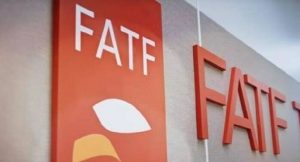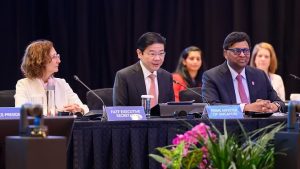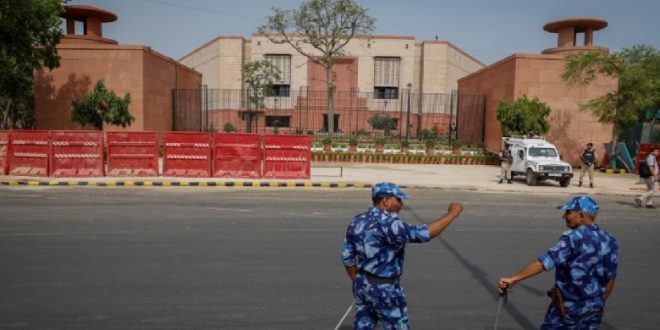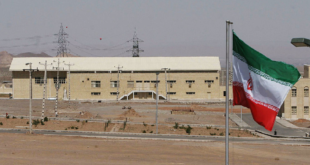13-08-2024
Bureau Report
NEW DELHI: The Financial Action Task Force (FATF) global anti-money laundering watchdog has asked India to improve due diligence on the bank accounts of local politicians, government officials and their families, two government sources said.
The recommendation for tougher checks on the finances of politically exposed persons (PEPs) is part of a FATF review of India’s anti-money laundering systems that began in 2023. The group is due to publish its final report soon.
 Under global rules, politicians, their families, and close associates are subject to checks on their bank accounts due to their potential susceptibility to bribery and corruption.
Under global rules, politicians, their families, and close associates are subject to checks on their bank accounts due to their potential susceptibility to bribery and corruption.
A FATF report shared with the government recommended more rigorous monitoring of the source of funds in the accounts of domestic PEPs as well as requiring senior bank managers to approve any new accounts for them or their families.
India already implements strict banking checks on foreign political figures.
The sources, who have been briefed of the FATF’s recommendations, could not be named because they were not authorized to speak to the media. The FATF did not respond to requests for comment.
“There are areas where we need to improve which we will,” a senior finance ministry source said.
Last December, before general elections that brought Prime Minister Narendra Modi back to power, the government told parliament it did not intend to put domestic political figures under stricter banking scrutiny, adding that it would wait for the FATF’s report before making any changes.
The FATF in June said India had reached a high level of compliance in enforcing anti-money laundering laws. The government has five years to implement the recommended banking rules before the next review, one of the sources said.
The FATF rated India as “compliant” and “largely compliant” on 37 out of the 40 parameters for enforcing anti-money laundering laws, the sources said.
The three areas in which there is partial compliance include bank scrutiny of domestic political figures and oversight of the finances of non- profit organizations and non-financial businesses and professionals.
 In June, the Indian government described, opens new tab the FATF’s evaluation as yielding an “outstanding outcome” but did not disclose any specifics.
In June, the Indian government described, opens new tab the FATF’s evaluation as yielding an “outstanding outcome” but did not disclose any specifics.
An interim report, discussed at the FATF June meeting in Singapore, recommended that India expedite the prosecution of money laundering and terrorist financing cases while ensuring that non-profit organizations are not unfairly targeted.
India’s performance on the FATF Mutual Evaluation holds significant advantages for country’s growing economy, as it demonstrates the overall stability and integrity of the financial system. Good ratings will lead to better access to global financial markets and institutions and increase investor confidence. It will also help in the global expansion of the Unified Payments Interface (UPI), India’s fast payment system.
This recognition from the FATF is a testament to the rigorous and effective measures implemented by India over the last 10 years to safeguard its financial system from ML/TF threats. It underscores the country’s commitment to international standards and its proactive stance in the global fight against financial crimes. This sets a benchmark for countries in our region to effectively implement international standards on terrorist financing. India’s excellent rating will enhance the capacity of our country to lead the global effort on countering cross border terror financing and money laundering.
 Pressmediaofindia
Pressmediaofindia




